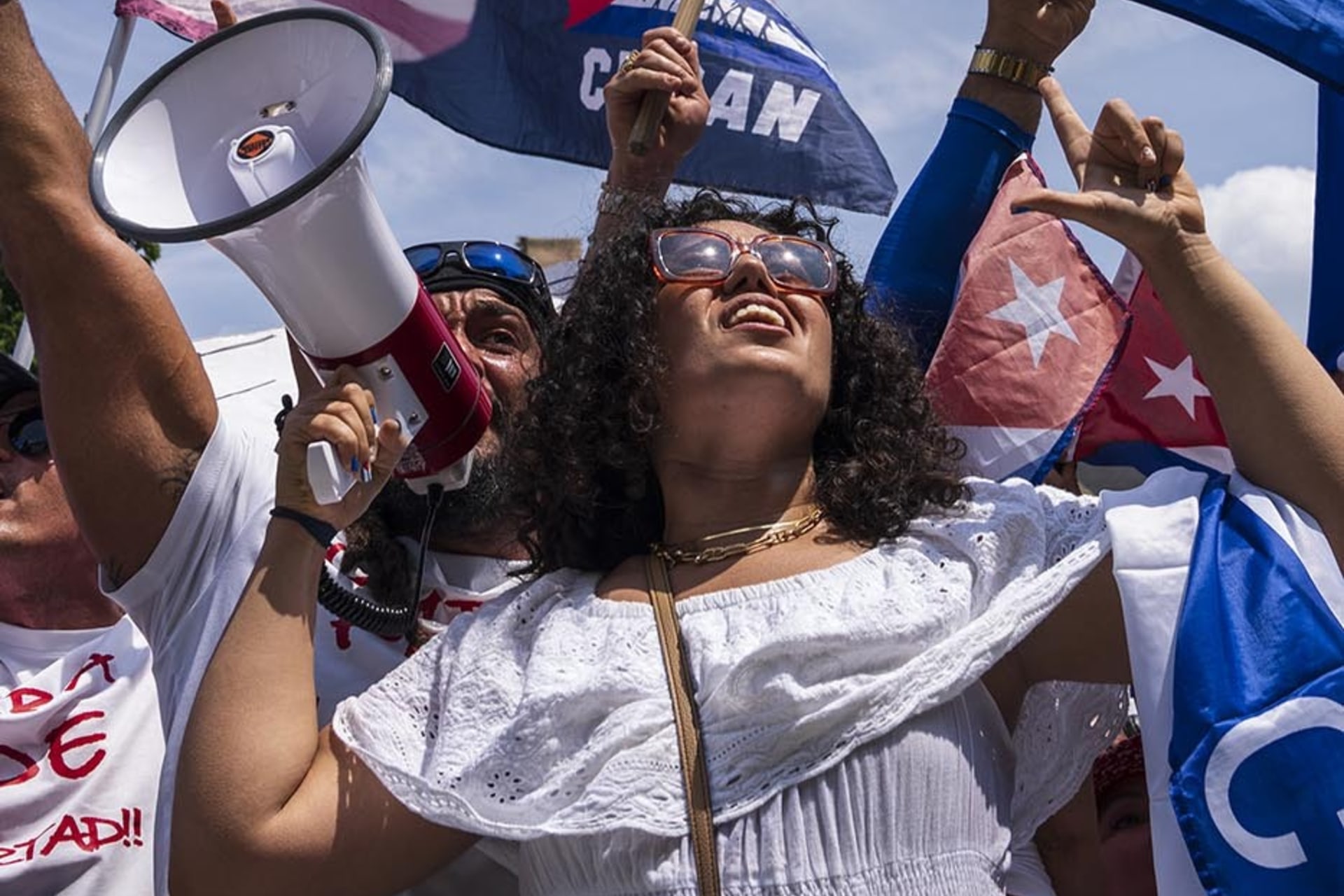U.S. Opinion on Terrorism
Published
This page is part of Public Opinion on Global Issues.
This publication is now archived.
Concern about Terrorism
Despite the attacks of September 11, 2001, the U.S. public is only slightly above the global average in its level of concern about terrorism, with less than half of respondents saying it is a very big problem. However, a large majority says that international terrorism poses a critical threat and that combating international terrorism is a very important foreign policy goal.
Support for Multilateral Action Against Terrorism
In general, a large majority of Americans favor having the United Nations play a greater role in the fight against terrorism. Large majorities of U.S. respondents supported the UN Security Council having the right to authorize military force to stop a country from supporting terrorist groups and favored combating terrorism through strengthening the role of international law and enhancing intelligence cooperation. A majority also supports empowering the UN Security Council to require UN member countries to allow UN-sponsored police forces to enter and conduct investigations, as well as provide intelligence on, arrest, and freeze the assets of suspected terrorist groups. Furthermore, a majority of U.S. respondents supports the UN Security Council sending an international military force to capture suspected terrorists if their host country refuses to take action. Finally, a strong majority favors using international judicial bodies for trying terrorists.
Regional Cooperation on Terrorism
The U.S. public mostly gives poor marks to the quality of transatlantic cooperation in fighting terrorism.
Assessments of U.S. Efforts against Terrorism
In assessing the struggle between the United States and al-Qaeda, the predominant public view in the United States has been that neither side is winning. Americans have also been divided as to whether the “war on terror” has weakened or strengthened al-Qaeda. Furthermore, a modest majority of Americans believes that the war in Iraq has increased the threat of terrorist attacks globally.
Principles for Treatment of Terrorism Suspects
A majority in the United States rejects the view that, when dealing with terrorism suspects, rules against torture and the secret holding of detainees should be relaxed. A large majority also rejects the view that treaties preventing secret holding of detainees are too restrictive in the context of dealing with the threat of terrorism.
U.S. Treatment of Terrorism Suspects
A slight majority of Americans in 2006 believed that the U.S. detention policies in place at that time at Guantanamo were legal. However, they were divided on whether the United States seeks to enforce a policy against torture in investigations of detained terrorist suspects. A majority perceived that U.S. detention of terror suspects has damaged the U.S. image in the world, but most Americans in 2009 opposed closing Guantanamo prison and moving detainees to the United States. t





